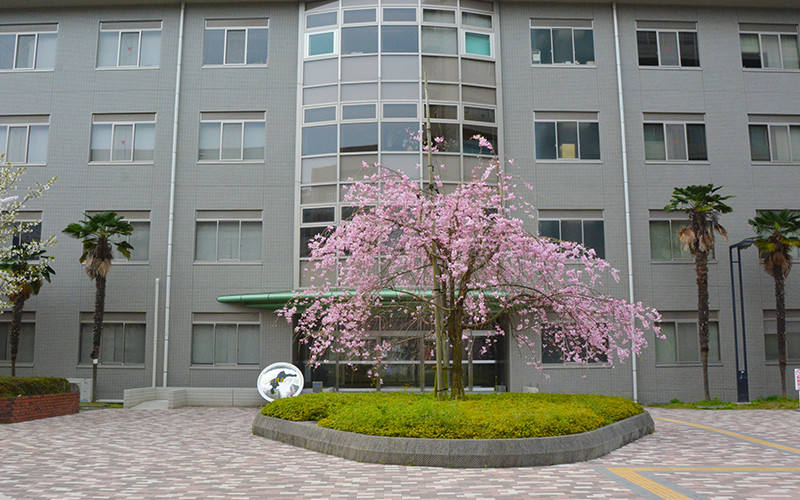Introduction of the Division of Industrial Systems Management and Innovation

The Division of Industrial Systems Management and Innovation will help students acquire advanced specialized and interdisciplinary knowledge on economics and management in industrial systems, as well as on environment and resource management, and train them to have the necessary analytical skills and task analysis skills essential to the information society. We will develop human resources who are equipped with research and practical skills through project research and who can lead the creation of new values and sustainable development of industrial systems.
Features of the curriculum
- We will introduce “Project Research” to develop practical education and research. Students will develop practical research skills by addressing specific issues provided by community stakeholders, considering solutions based on surveys and research, and disseminating outcomes.
- Students who have been admitted via admission for adult education or self-recommendation admission can select an option of writing a research paper (study on specific issues), which is considered equivalent to a master’s thesis, if the request is accepted. In this way, students can complete the program by submitting the research paper that proposes solutions to practical issues as the achievement of research.
- We will enhance our career development courses and support diverse career development. For example, students can take courses such as “Special Lecture on Practical Skills,” “Internship Practice,” and “Leaderships,” and acquire business mindsets that are required for being active in the real world.
- Our goal is to address complex research themes without being limited to a specific research field, and thereby resolve regional issues in a multifaceted and comprehensive manner.
Course introduction and degrees awarded
The Division of Industrial Systems Management and Innovation has two Courses: “Economics and Management” and “Environment and Resource Management.” Economics and business management, in which to study economic phenomena, their structures, and the principles and operations of corporate activities, and environmental policy and human geography, in which to study the industries and resources of local communities, are closely related academic fields and thus comprehensively regarded as industrial systems. In cooperation with local communities and businesses, we play a practical role and function in the industrial systems, contributing to the creation of new value in each field.
Economics and Management Course
In the Economics and Management Course, we will foster human resources who can rationalize and optimize economic and management activities in the industrial society with systematically acquired economic and management expertise and skills. Upon completion of the program, a degree of Master of Economics will be awarded.
Environment and Resource Management Course
The Environment and Resource Management Course is to develop human resources who can resolve various issues in local communities using the knowledge of diverse social sciences in addition to economics and management and who can manage and utilize the environment and resources related to local industries. Upon completion of the program, a degree of Master of Philosophy will be awarded.
